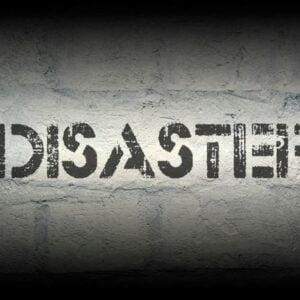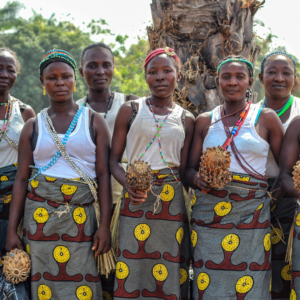The International Organization for Migration (IOM) and the European Union have launched Prepárate+, a regional initiative designed to place inclusion at the center of disaster preparedness in Latin America. Targeting Colombia, Ecuador, Bolivia, and Chile, the initiative ensures that women, migrants, displaced persons, and other marginalized groups are actively involved in planning and decision-making processes to strengthen community resilience. The program aims to shift the region from reactive disaster responses to an inclusive model where all voices are represented and protected.
Maria Moita, IOM’s Regional Director for Latin America and the Caribbean, emphasized that including women and migrants in preparedness efforts not only promotes fairness but also enhances effectiveness. Supported by the EU and implemented in close collaboration with governments, Prepárate+ provides communities with tools and frameworks to better anticipate, respond to, and recover from disasters.
Despite progress in disaster risk management across Latin America, recent IOM studies indicate that many communities remain vulnerable due to gaps in preparedness. Many households are unaware of official emergency plans, and public trust in institutions remains limited. Marginalized groups, including older persons, children, and persons with disabilities, are often excluded from preparedness planning, which increases the human and economic impact of disasters such as floods, landslides, wildfires, earthquakes, and social unrest.
At the same time, the studies highlight positive developments, including strengthened legal frameworks, community-led coping strategies, and increased leadership roles for women in disaster preparedness. These advances provide a foundation to build more inclusive, sustainable, and effective disaster risk management systems that leave no one behind.
Findings from Prepárate+ also underscore that structural challenges such as informal housing, limited access to essential services, and precarious livelihoods exacerbate the impact of disasters and social shocks. Conversely, inclusive governance, robust legal frameworks, and women’s leadership are identified as key drivers of community resilience.
The Global Report on Internal Displacement 2025 notes that more than 83 million people were displaced worldwide in 2024, with Latin America heavily affected by extreme weather events and violence. These statistics underline the urgent need for inclusive disaster preparedness as a shared priority among governments, communities, and international partners to reduce risks and protect lives.







